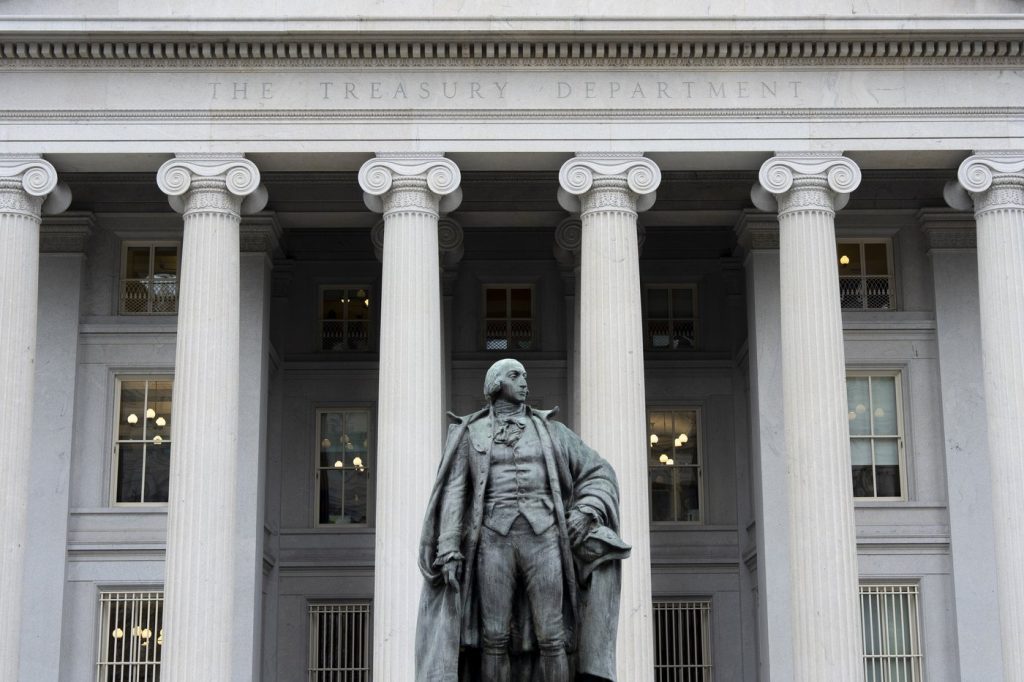The U.S. Treasury Department announced on a Wednesday that it has imposed sanctions on a Chinese refinery located in Shandong province, which is accused of purchasing over $1 billion worth of Iranian oil. These purchases are reportedly intended to finance not only the Iranian government but also its support for various militant groups. The sanctions were spurred by findings from the Trump administration that indicated the refinery had received numerous shipments of Iranian crude, with some oil linked to a front company associated with Iran’s paramilitary Revolutionary Guard.
In conjunction with the refinery sanctions, U.S. officials revealed that several companies and vessels involved in these shipments have also been added to the sanctions list. This action is part of a broader strategy led by the Office of Foreign Assets Control to disrupt Iranian oil flows, which U.S. authorities claim are conducted via Iran's so-called “shadow fleet.” The United States has previously targeted dozens of individuals and vessels that are part of these illicit shipments.
Treasury Secretary Scott Bessent commented on the new sanctions, stressing that any refinery, company, or broker involved in buying Iranian oil or facilitating Iran's oil trade is placing itself at significant risk. He reaffirmed the U.S. commitment to disrupt all actors contributing to Iran's oil supply chain, which the Iranian regime uses to back terrorist proxies and partners. Bessent's statements reflect ongoing tensions surrounding Iran's activities in the Middle East, including its support for militant groups like Yemen’s Houthis, Hezbollah in Lebanon, and Hamas in Gaza, which have been implicated in attacks on international shipping.
At Bessent’s confirmation hearing earlier in the year, he critiqued the Biden administration’s sanctions approach, calling for a more “muscular” sanctions system focused on Iran, Russian entities, and oil interests. In a separate statement, State Department spokeswoman Tammy Bruce emphasized that the Trump administration is dedicated to reducing Iran's illicit oil exports, especially those to China, to zero. Bruce underscored that as long as Iran continues its efforts to generate oil revenue to fund destabilizing activities, the U.S. would hold Iran and its partners accountable for sanctions evasion.
The announcement of these sanctions coincided with Iran’s confirmation that the next round of discussions with the U.S. regarding Tehran’s nuclear program will take place in Rome. These developments indicate a complex diplomatic landscape, as the U.S. seeks to exert pressure on Iran's oil trade while also engaging in negotiations over nuclear matters.
Efforts to reach out for comments from representatives of both the Chinese and Iranian governments following the sanctions announcement were unsuccessful as of Wednesday. This situation underscores the intricate web of international relations, particularly involving sanctions, oil trade, and security concerns in the Middle East.










